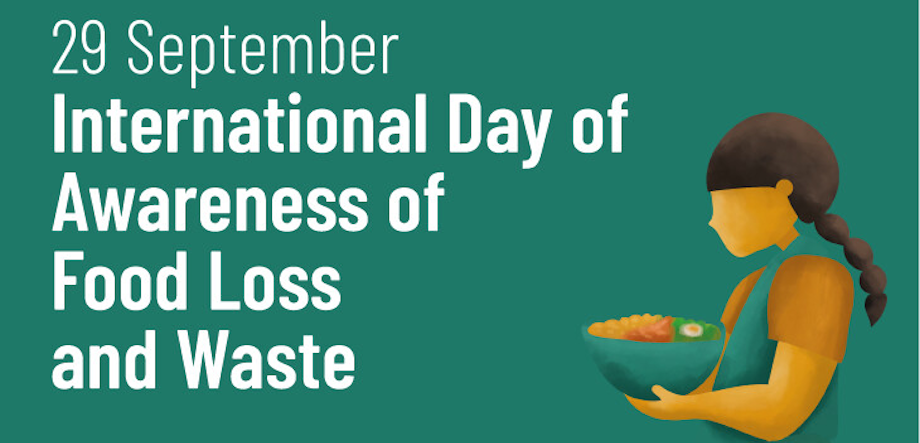A Call to Action to Reduce Food Loss and Waste
The United Nations designated September 29 as the International Day of Awareness of Food Loss and Waste (IDAFLW) in 2019. The UN General Assembly invited all member states, UN organizations, and other international and regional organizations to observe the day in an appropriate manner, in accordance with their national priorities. This includes raising awareness of the importance of reducing food loss and waste and its contribution to sustainable development through education and other activities.
The UN General Assembly acknowledged the urgent need to raise awareness of food loss and waste and recognized that the observance of the IDAFLW would contribute significantly to raising awareness of the problem and its possible solutions at all levels. It would also promote global efforts and collective action towards meeting target 12.3 of the Sustainable Development Goals, which calls for halving per capita global food waste at the retail and consumer levels and reducing food losses along production and supply chains by 2030.
The Voluntary Code of Conduct for Food Loss and Waste Reduction (COC) also encourages the celebration of the IDAFLW. The COC is a set of voluntary guidelines for governments, businesses, and other organizations to reduce food loss and waste. It recognizes the importance of awareness-raising, education, and training in addressing the causes of food loss and waste. It stresses that governments, the private sector, civil society organizations, consumer associations, development agencies, and other actors must work together to raise awareness of food loss and waste and to develop and implement solutions.
The COC suggests the use of a variety of channels for awareness-raising and education, including:
- Awareness-raising and education campaigns that begin at the youth level and are based on science
- Harnessing the power of different media, including radio, newspapers, television, video, social media, ICTs, and digital innovations
- Harnessing formal and informal education channels, paying particular attention to the younger members of the population
- Information sharing at the community level, including local communities, cultural associations, indigenous peoples, and religious communities
- Multi-stakeholder platforms and communities of practice dealing with food loss and waste
- National food-based dietary guidelines
- On-package information, ensuring that such information does not interfere with the clarity of mandatory labelling
- Point-of-sale information, including direct communication from sales people to consumers
The 2023 celebration of the IDAFLW will continue to make a clear call to action for public and private entities to take action to reduce food loss and waste (FLW) toward transforming agrifood systems to contribute to the achievement of the 2030 agenda.
For more information on this year’s event, you can visit this page.

